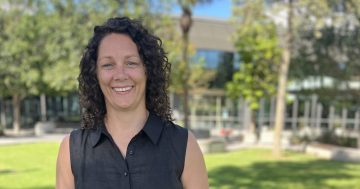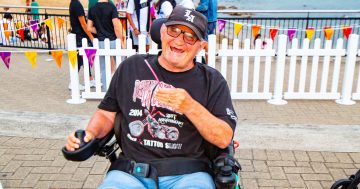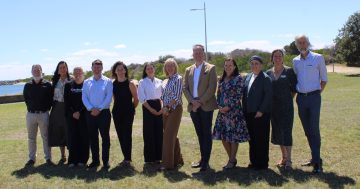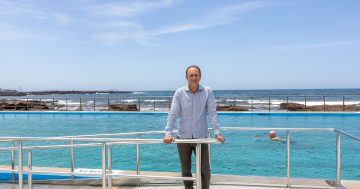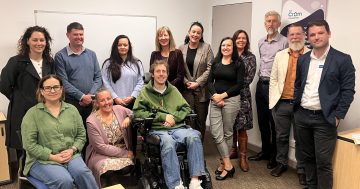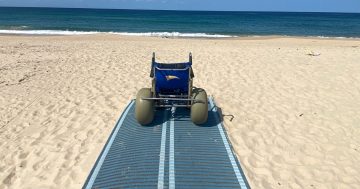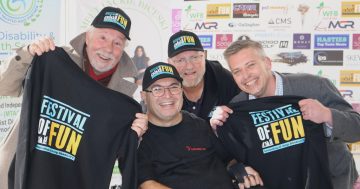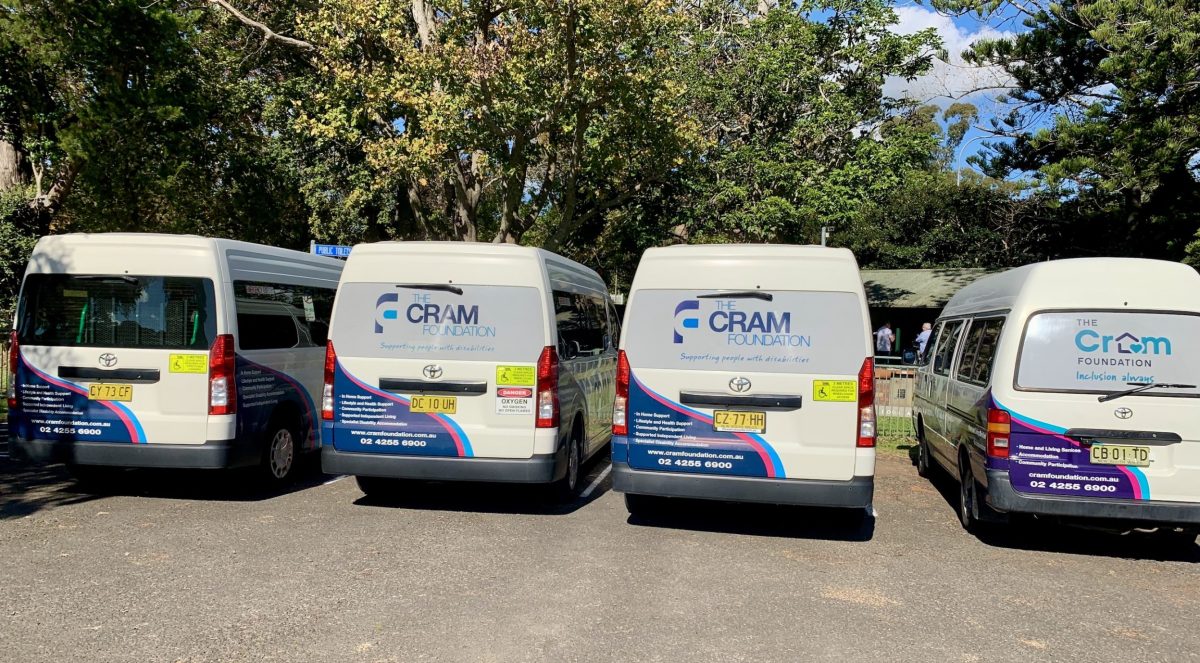
Included in Cram Foundation’s recommendations for Wollongong Council’s Disability Inclusion Action Plan will be a review of adequate parking for disability support transport vehicles. Photo: Cram Foundation.
Wollongong City Council is calling on people with lived experience of disability — including carers and advocates — to help shape a more inclusive city by joining a Community Advisory Group for the upcoming Disability Inclusion Action Plan (DIAP) 2026–2030.
Expressions of interest are open for the group, which will guide development of the new plan to ensure people with disability can move freely through their neighbourhoods, enjoy public spaces such as beaches and parks, and access services and opportunities with ease.
Up to eight community members with lived experience of disability will help analyse community engagement data, develop inclusive solutions to identified issues and set priorities for the DIAP.
Council encourages a diverse range of applicants — including people with disability, carers and those in disability support roles.
Group members will be paid for their contributions and remain in an advisory role until the DIAP is endorsed, expected by mid-2026.
READ ALSO: What happens when you put an ‘inclusion’ lens over everything? This CEO is finding out.
Cram Foundation CEO Alisha Musker said this was a vital opportunity for community voices to drive meaningful change.
“I would strongly advocate for anyone with lived experience or anyone caring for people, or in the disability care space — anyone at the front lines — to put forward their thoughts,” she said.
“Sometimes the tiniest things people don’t think about make a huge difference for people with disability.”
Ms Musker welcomed the initiative and hoped consultation went beyond surface-level fixes.
“I think when it’s a great initiative but the consultation piece hasn’t been done, it’s not necessarily led by people with disability, their carers or family members — people who live this every day,” she said.
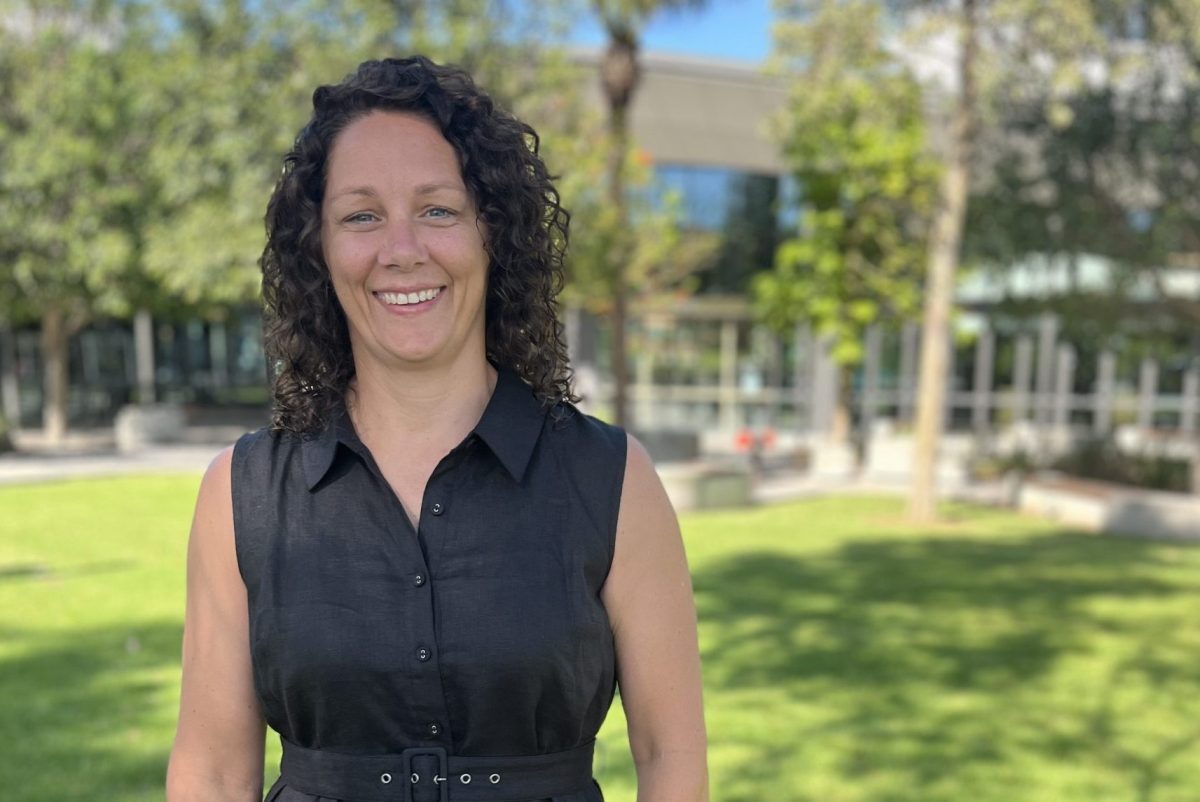
Cram Foundation CEO Alisha Musker welcomed the council’s consultation with people with lived experience in shaping the Disability Inclusion Action Plan. Photo: The Cram Foundation.
Ms Musker highlighted everyday accessibility issues: parking too far from entrances, difficulty unloading wheelchairs in tight spaces and challenges posed by e-scooters.
“E-scooters are such a great initiative, especially in our region but they could inhibit a person in a wheelchair trying to access a pathway where the scooters are scattered. We reached out to Wollongong Council about our concerns, and they invited us to join their e-scooter committee so we could provide our feedback,” she said.
She also highlighted the well-intentioned beach wheelchair programs that she said often fell short in practice.
“Some beaches have roll-out mats — a great concept for people in wheelchairs but I would like to see them on a larger scale, like the triathlons or cycling events we’re seeing in the Illawarra to enable people with disability to be in the middle of the action. There is also the upkeep of this initiative, maintaining the beach wheelchairs and ensuring the mats leading down to the ocean have no gaps or uneven surfaces.”
These are the kinds of real-world details the Advisory Group aims to identify and solve. Through collaboration, the group will work alongside council to analyse community feedback, propose solutions, and ensure the DIAP reflects the daily realities of people with disability.
Council General Manager Greg Doyle said building an inclusive city was a key goal.
“Building an inclusive Wollongong is a huge priority for us. We want to continue being a leader in creating a city that is safe, welcoming and accessible,” he said. “Wollongong offers a wonderful lifestyle, and we want to make sure that can be enjoyed to the fullest by all members of our community.”
For Ms Musker and others in the advocacy space, it’s about ongoing progress.
“I’ve been in the disability space for some time, and I’ve learnt it’s a continuous journey. No one gets it 100 per cent right — you must keep listening and I applaud Wollongong Council for their level of consultation on this and all the avenues they’re using to engage with the community. I’ve attended a workshop myself and found listening to people share their stories really rewarding.
“Kurt Fearnley once famously said, ‘I don’t have a disability because I have a wheelchair. I have a disability because people keep putting stairs in front of me‘. To me, that’s profound. It’s a reminder that disability impacts people because of the spaces and surroundings society has developed. So we must look at inclusion always not as an end goal, but as an evolution.”
Applications to join the Community Advisory Group close 15 September and will run alongside the public exhibition of the draft DIAP. For more information visit the council’s DIAP engagement page.









